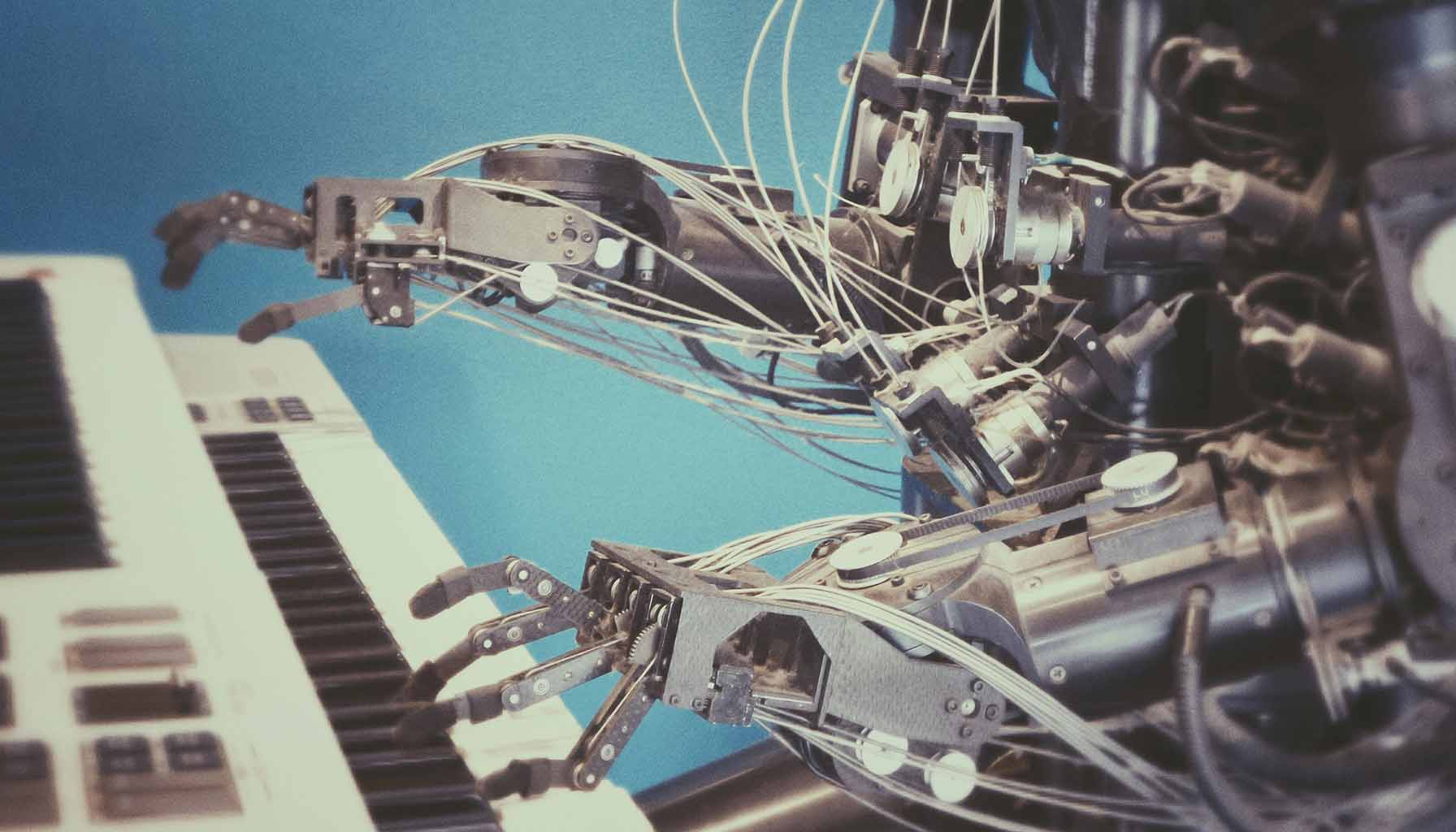The nature of work is poised for significant change. On February 29th, Figure, a robotics startup making waves in the tech world, announced a collaboration with OpenAI, the creators of the renowned ChatGPT language model. Figure’s vision is bold: to create versatile humanoid robots capable of not only performing tasks, but understanding and responding to complex human communication.
This news sparks fascinating questions. Robots have been steadily transforming our workplaces for decades, but primarily in predictable, industrial settings. What if advancements in AI and robotics mean we’ll soon see machines working side-by-side with us in more unpredictable, human-facing roles? Could this partnership between Figure and OpenAI lead to a new era where robots and humans collaborate in ways we’ve never seen before?
The assembly line, once the pinnacle of industrial efficiency, now tells an old story. For decades, machines have steadily encroached on jobs once thought to be the exclusive domain of humans. But what we’re witnessing today may be a turning point. Advancements in robotic dexterity, coupled with natural language processing capabilities offered by companies like OpenAI, hint at a future where machines aren’t just a threat to factory workers. They could be poised to disrupt a far wider swath of the job market.
Of course, robots offer undeniable advantages. They don’t tire, they don’t make calculation errors, and they can work in hazardous environments humans can’t. The promise is immense: increased productivity and a new era of economic prosperity. Yet, we must also consider the flipside. While some envision a collaborative scenario where humans and intelligent machines work hand-in-hand (or rather hand-in-gripper), others fear a world where jobs once considered safe are rendered obsolete.
The implications are vast. If robots can perform most jobs better than humans, what happens to the workforce? Will we see mass unemployment, or will new roles emerge to replace those lost? What about the nature of work itself? If machines can handle the bulk of labor, what does that mean for the human experience of work? And what about the ethical considerations? How do we ensure that the benefits of automation are shared equitably, and that the rise of robots doesn’t exacerbate existing inequalities?
Picture the jobs where every day feels a bit like ‘Groundhog Day’. Assembly line workers, truck drivers – those kinds of roles where the tasks, while important, don’t change much day-to-day. That’s where the robots are likely to set up shop first. It’s also where some of us might worry, even those of us in comfy office chairs. Data analysis, generating reports – even some of the stuff lawyers and accountants do – AI is getting scarily good at those things, and way faster than we can click a spreadsheet.
But let’s be real for a moment – even the smartest robot today struggles with the messiness of actual life. Doctors, teachers, artists – those roles need the ability to think on your feet, to connect with people, and that’s something robots haven’t quite mastered yet. Sure, AI might become a kind of super-powered assistant, but the human touch will still be essential.
The prospect of AI-powered robots replacing millions of workers sparks a justified fear of widespread unemployment. If machines can do our jobs better and cheaper, what happens to those who rely on those jobs? Historically, technology has created new jobs alongside displacing old ones, but can we be sure that pattern will hold when the pace of change is this rapid? And even if new jobs emerge, will they be accessible to the masses of workers left behind?
Beyond unemployment, there’s the question of inequality. If automation concentrates profits in the hands of tech companies and their owners, will we see an even wider gap between the wealthy elite and the rest of society? We may need to rethink how we distribute wealth – could concepts like Universal Basic Income gain traction, ensuring that everyone benefits from the gains of automation?
If robots are doing the bulk of what we now call ‘work’, what will fill our lives? With less time spent on sheer survival, could we see a renaissance of leisure and creativity? Or, conversely, will a lack of traditional job structures lead to a crisis of meaning, with people struggling to find purpose? The very idea of work, so central to our identities and sense of place in the world, could be up for reinvention.
This places an intense focus on education and reskilling. In a fast-evolving landscape, the ability to learn new things and adapt isn’t just a bonus, it’s a survival skill. Governments and societies must invest heavily in systems that promote lifelong learning – not just for young people, but across the workforce, so that no one is left behind as the job market shifts under their feet.
The truth is, there are no easy answers. The only certainty is that sweeping change is on the horizon. Leaders across business, government, and the tech world must engage in proactive planning. This isn’t just a technological question, but a complex societal one. How do we want the world to look as robots and humans become ever more intertwined?
